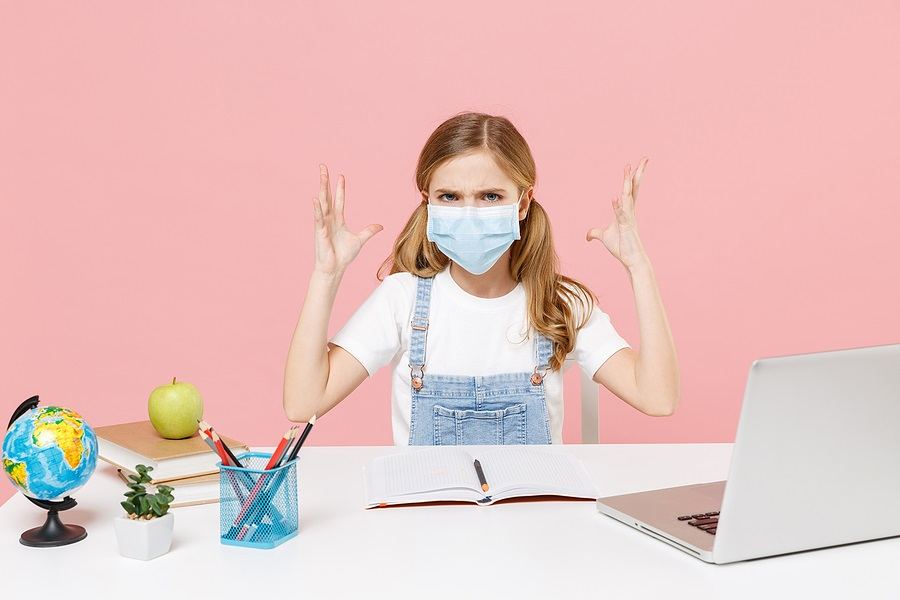Virtual School Dangers: Police State Education Comes into Your Home Violating the 4th Amendment
The COVID-19 pandemic has added yet another troubling layer to the ways in which students (and their families) can run afoul of a police state education now that school (virtual or in-person) is back in session. Significant numbers of schools within the nation’s 13,000 school districts have opted to hold their classes online, in-person or a hybrid of the two, fearing further outbreaks of the virus. Yet this unprecedented foray into the virtual world carries its own unique risks. Apart from the technological logistics of ensuring that millions of students across the country have adequate computer and internet access, consider the Fourth Amendment ramifications of having students attend school online via video classes from the privacy of their homes. Suddenly, you’ve got government officials (in this case, teachers or anyone at the school on the other end of that virtual connection) being allowed carte blanche visual access to the inside of one’s private home without a warrant. Anything those school officials see—anything they hear—anything they photograph or record—during that virtual visit becomes fair game for scrutiny and investigation not just by school officials but by every interconnected government agency to which that information can be relayed: the police, social services, animal control, the Department of Homeland Security, you name it. After all, this is the age of overcriminalization, when the federal criminal code is so vast that the average American unknowingly commits about three federal felonies per day, a U.S. Attorney can find a way to charge just about anyone with violating federal law.



